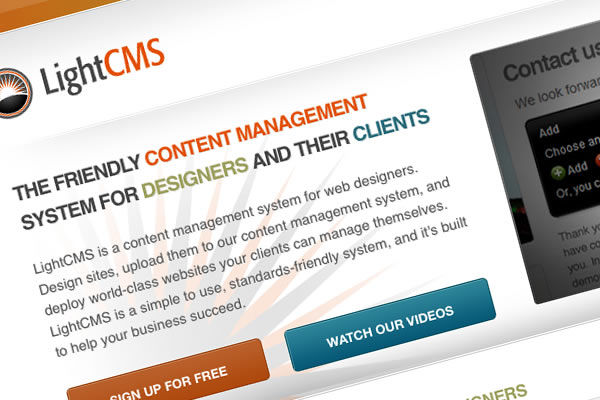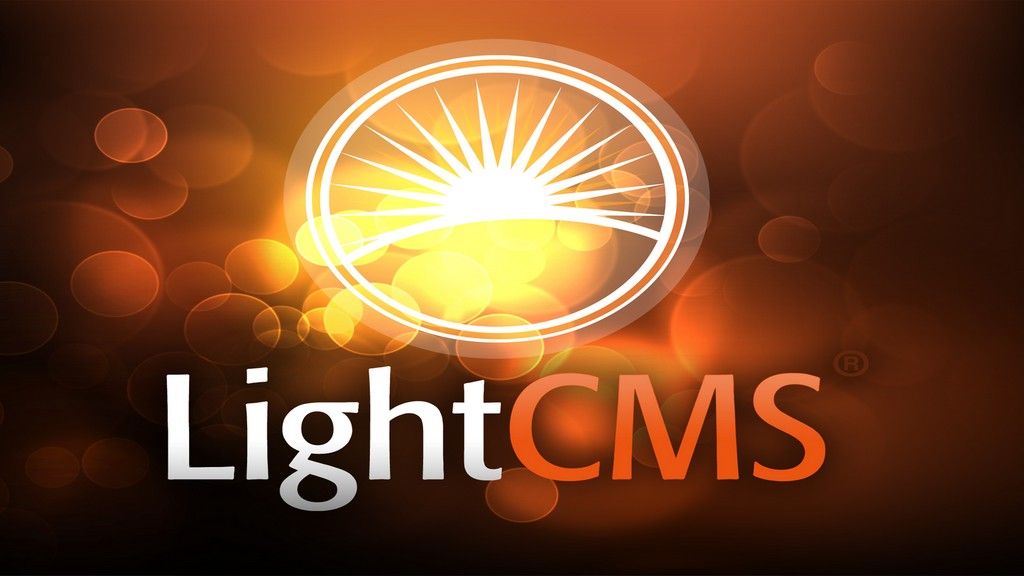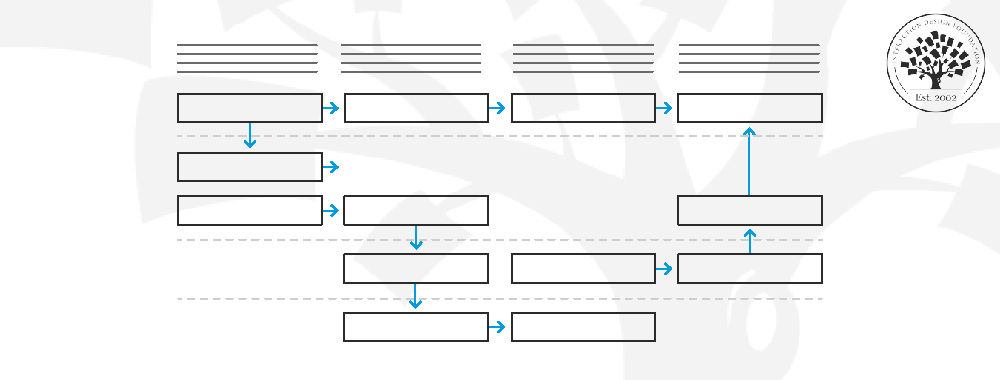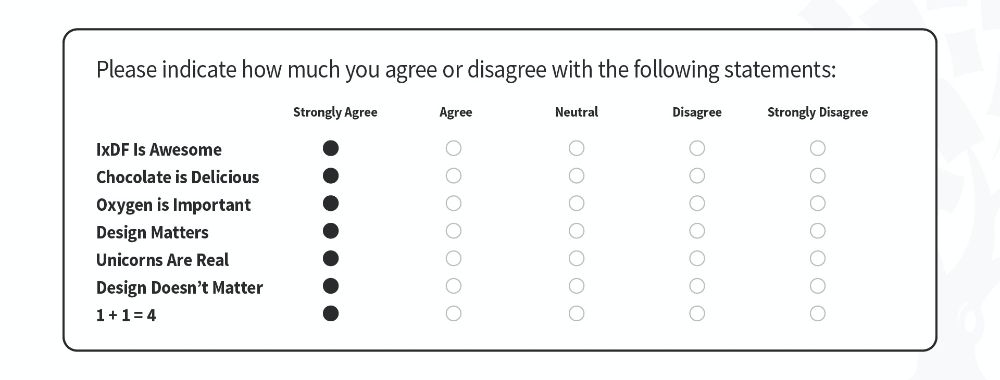So far in our CMS series we’ve looked at open source products and those are free to install. LightCMS is a paid for offering and one that might be useful for very specific projects.
About LightCMS
Part of NetSuite Inc. Light CMS is an online rapid deployment system for websites. It allows for a single click delivery of a template driven website (which will still need some customization for your clients) and an online design editor system (which lets you deliver greater levels of customization). Depending on the project and what you intend to do with it this comes at a price tag in the range of $19-$99 a month.
Advantages of LightCMS
If your clients are in a hurry and can’t wait for you to get your design and development resources to focus on their project – LightCMS may be the perfect way to retain their business. It’s a pretty simple system to use and there’s a ton of out of the box functionality that you don’t find in other CMS systems. There are tools for user-management, traffic analysis, SEO, etc.

Author/Copyright holder: Sacha Chua. Copyright terms and licence: CC BY 2.0
There’s no demand on your servers either as part of the fee covers hosting at LightCMS’s servers – this may or may not be an advantage to your clients. You’ll certainly need to discuss it with them as many corporates may not be comfortable with their work being in a 3rd party’s hands.
It’s a pretty good option for quick deployment but there are some considerable disadvantages to LightCMS too.
Disadvantages of LightCMS
For-profit companies tend to provide reasonable support and training but unfortunately their communities tend to be far less involved in these areas than with open source CMS systems. While there are training videos etc. there’s not a whole heck of a lot of additional training available if you don’t get on with the company’s material and you should review that before committing to LightCMS.
Nearly, unforgivably – there’s no simple way to export your data from LightCMS. That has the effect of locking a client into the platform and if their needs change in the future – you’re going to have to start from scratch. So LightCMS can’t be used as a bridging platform while your WordPress teams develops a more fully-featured site. You need to be very clear about this with a client before using LightCMS on a project.
The out-of-the-box functionality of LightCMS may be greater than that of the open source projects but in terms of flexibility – the open source projects beat LightCMS hands down. The huge volumes of available add-ons and themes for WordPress, Joomla and Drupal are a massive commercial advantage for designers and developers alike.

Author/Copyright holder: Unknown. Copyright terms and licence: Unknown. Img source
We don’t dislike LightCMS – we think if you want to quickly deploy a simple site with a decent CMS it’s a reasonable option. However, we do think that you need to be very clear about the limitations ofLightCMS before deploying it for a customer.
Header Image: Author/Copyright holder: Light CMS Copyright terms and licence: All rights reserved. Img Source












